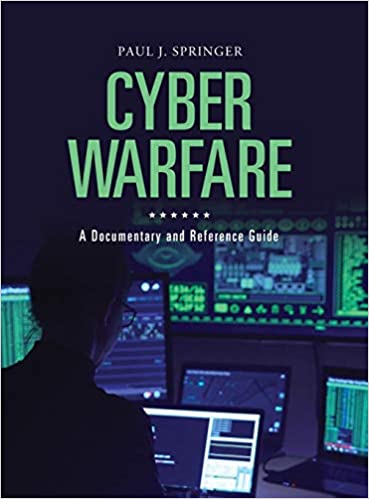Several books on this topic have appeared in 2020 alone, but Springer (comparative military studies, U.S. Air Force Air Command and Staff Coll.; Encyclopedia of Cyber Warfare) focuses on primary sources, identifying each of 85 documents (chronological within chapters) by date, location, and significance, followed by source identification and cogent analysis. There are five sections: “U.S. Cyber Strategy Documents,” “U.S. Assessments of Cyber Adversaries,” “U.S. Policies, Doctrine, and Reports,” “Non-U.S. Strategy and Documents,” and “Speeches, Testimony, and Transcripts.” Text boxes provide essential information for nonspecialists, such as definitions (strategy, classified networks) and relevant sidelights (on specific cyber-espionage campaigns, worms, viruses, DDoS [Distributed Denial of Service] and other hacks). Although the source documents can be dense, “significance” and critical analysis paragraphs are accessible to general readers, providing background and tracing the development of cyber warfare, particularly in military and national security domains but also as it affects commercial, intellectual property, and social arenas. Both offensive and defensive information operations policies are examined, and political implications are not skirted. Springer advises readers to think critically when consulting these documents, produced for entities with various unacknowledged agendas. Notable takeaways include a “cyber-primer” for Congress, updates of the military and humanitarian rules of war, and relevant information (“More cyberattacks are launched from the United States than any other nation”). A detailed chronology (1948–2019), bibliography, and index add value.
VERDICT Conveniently providing primary sources with clear, pertinent analysis, this volume will be useful to students, policymakers, and even interested nonspecialists.




Comment Policy:
Comment should not be empty !!!